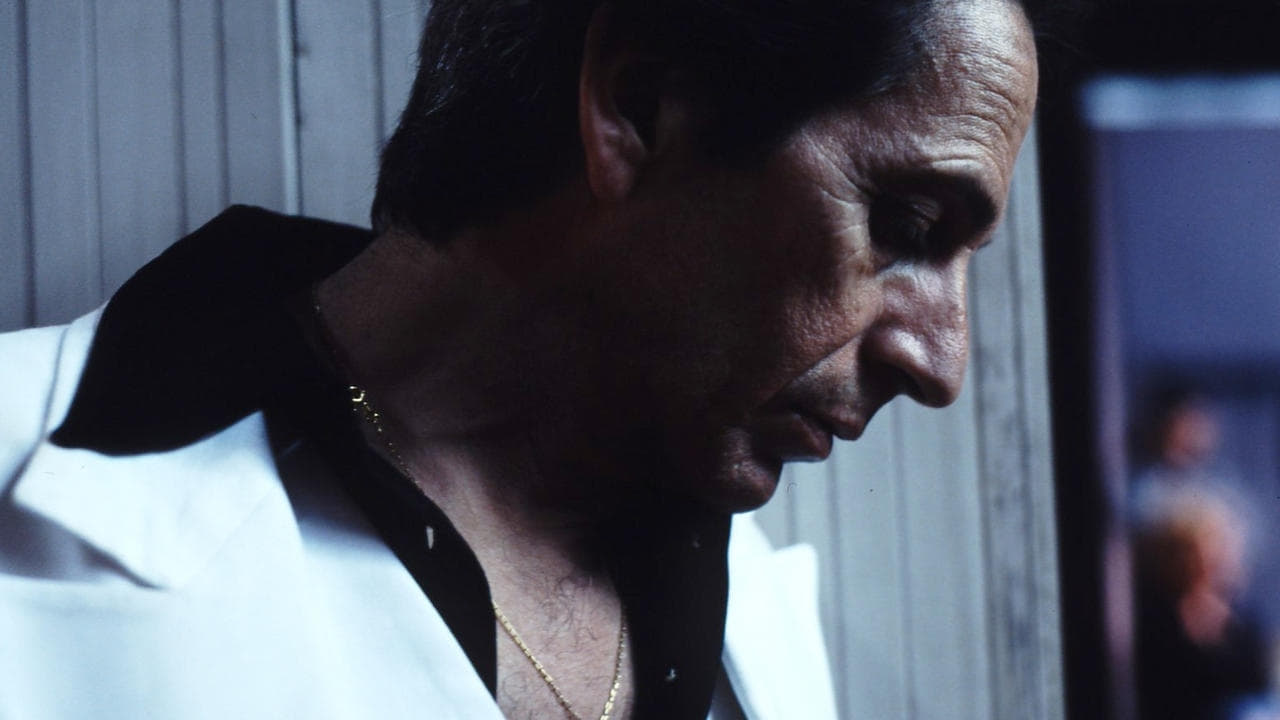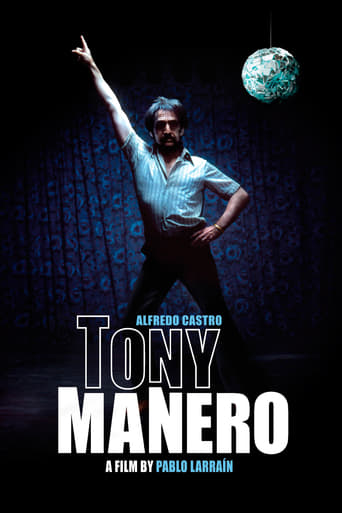

Please don't spend money on this.
... View MoreIntense, gripping, stylish and poignant
... View MoreThe film's masterful storytelling did its job. The message was clear. No need to overdo.
... View MoreThere is, somehow, an interesting story here, as well as some good acting. There are also some good scenes
... View MoreThis movie isn't for everybody. It's violent and portrays a main character who is uniquely sick, same way that every serial killer who makes the papers is twisted some strange way. But this is a really interesting movie, a little bit too complicated to even sum up successfully, past the bare bones description of the main character obsessing over John Travolta in ONE of his movies (he gets enraged, for example, when he is cajoled into wasting his time watching some OTHER Travolta flick; see what I mean?) But let me just leave you with this: I really didn't get this movie for a couple years, and then I had to deal with a guy in the neighborhood who is a pretty weird guy, very destructive and all that; and you know what? Now I get Tony Manero the movie. Strangely, I also got more of an insight into the art of the movie; that would take a LOT more explanation.
... View MoreFor a hit movie, 'Saturday Night Fever' is a surprisingly bleak and serious film; but not quite as dark as 'Tony Manero', a Chilean movie about a criminal whose life dream is to emulate the character played by John Travolta in the earlier film. Both the anti-hero, and the society he lives in (it's the Chile of Augusto Pinochet) are pretty rotten, and the film cuts neither any slack. Indeed, behind the black comedy, this is a portrait of a civilisation on the brink of collapse through a loss of respect for basic human dignity: the fake Manero desperately seeks dignity for himself in his act, but shows no respect for anyone else's. It's compelling, convincing, and yet, as a story, ever so slightly pointless: 'Satruday Night Fever' had its own redemption narrative, and while one can mock this as Hollywood softening, without any such story a film can seem slightly devoid of direction: it's hard to even imagine what a happy ending would have been for 'Tony Manero', so hopeless is the initial premise. It's still a good film; and fundamentally a political one, even though the politics is all implicit.
... View MoreIf that infamous movie character name of this foreign film's title is dancing very familiarly in your head, you have a good guess on who it is; none other than John Travolta's character in the 70's classic "Saturday Night Fever". So why is Tony Manero dancing now with foreign stars? Well, the character of Tony Manero not only took our nation by storm, but also had profound global awareness in the 70's and thereafter. The movie "Tony Manero" steps its way into the obsessed mind of protagonist Raul Perelta, a middle-aged serial killer residing in 1970's Chile under the dictatorship of Augusto Pinochet. Perelta has some scary moves by sabotaging anything or anyone who gets in his way in perfecting the embodiment & characterization of Tony Manero. In other words, not many that cross the Peralta pathway are "staying alive" throughout the film's narrative. His premier quest is to dance his way to the top prize in a Chilean TV show's "Tony Manero celebrity impersonation" contest. Director Pablo Larrain and screenwriters Alfredo Castro & Mateo Iribarren formulate the character of Peralta as such a disturbed and repulsive protagonist that it questions "how deep were their thoughts" in the film's developing process. The Raul Peralta character is so repugnant and odious that it automatically disengages one to the film's central narrative. Castro's leading performance as Manero had a severe case of the "thespian broken record syndrome" with its monotone method. If it can have you Mr. Castro, then why not include other similar subpar performances from the film's supporting cast. Now I must admit that I enjoyed a few scenes of "Tony Manero" that paid homage to "Saturday Night Fever" including when Peralta mumbles the lines of Fever in the theatre while watching it countless times, his shock when he first observes that John Travolta's Danny Zuko character in "Grease" is a far cry from Travolta's Manero, and to some degree the film's Manero impersonation contest during the film's climax. But when "Tony Manero" turns into Peralta's maddening ways it deteriorates into a big slap on the face on the Fever legacy. Overall, "Tony Manero" is a feverless 2009 movie odyssey that is not worth taking. *** Average
... View MoreI really liked this movie. I wish there was a more solid ending, but it was acceptable. Very good use of using the fascist regime weaving in and out of the story. As many critics have already made us aware, the insane actions performed to satisfy an insane goal by the title character mirror those of the Chilean regime during the same period. Loved the documentary style of film-making. Loved the flawless depiction of a poor, but barely scraping by city. I would say the only thing I would have liked to have seen was some sort of closure to the story. I'm only human. Anyway, awesome otherwise. TONY MANERO should go down as an Indie Classic.
... View More